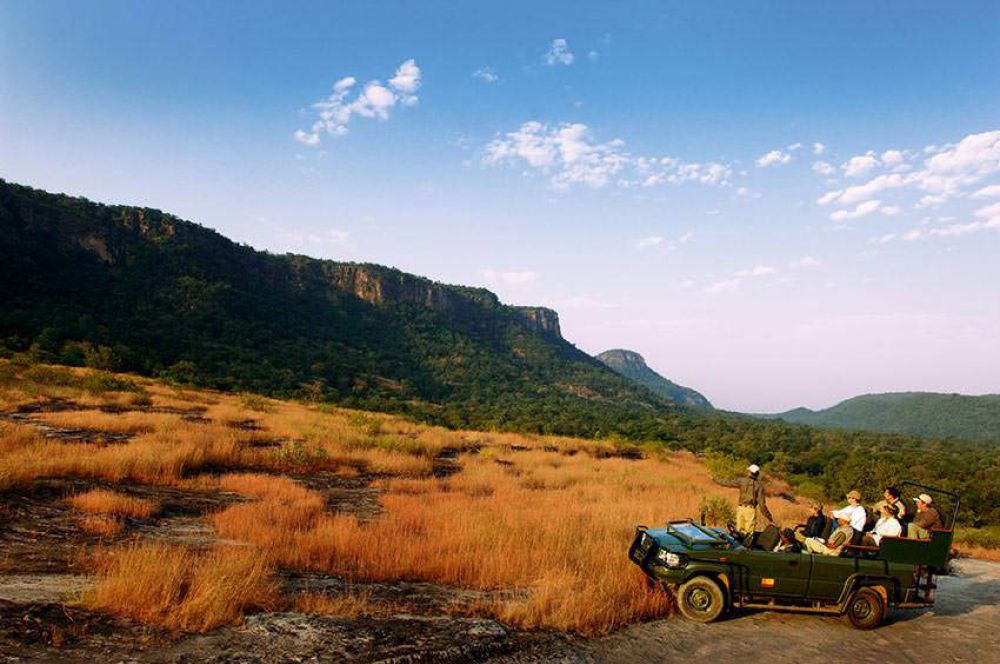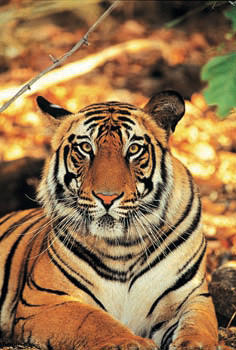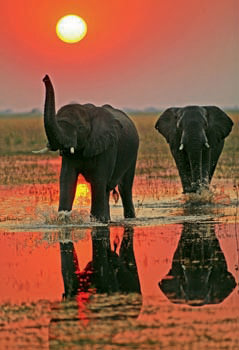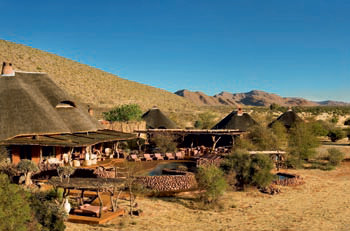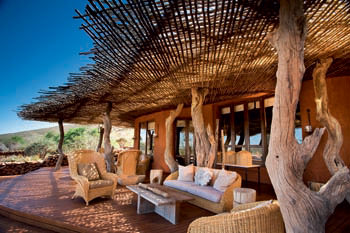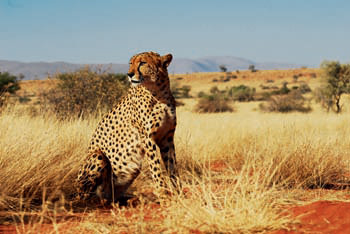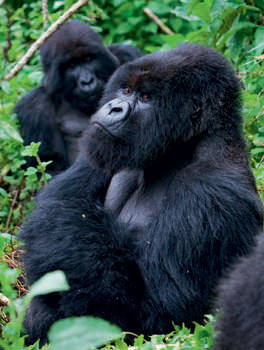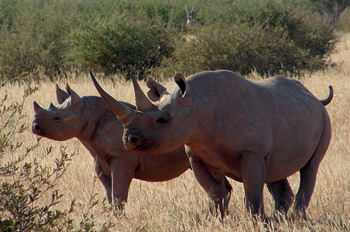Track Black Rhino in a Community-Run Reserve Namibia
Home to the largest free-roaming population of black rhinoceros in the world, the ancient wilderness of north-west Namibia provides an epic setting for serious safari- goers. The semi-nomadic Himba and Herero people have lived and tracked animals on this land for centuries; they will be your hosts and guides as you explore the wildlife-rich Kunene Region.
After time spent in bustling Opuwo, the capital of northern Kunene, trek across the richly diverse landscape, exploring dried riverbeds and imposing passes along the Steilrand mountain range. Here you can see lions, elephant, giraffe, gemsbok and kudu, as well as local herdsmen with their cattle.
Fifteen years ago, Kunene Conservancy Safaris was established by the Himba and Herero communities to protect their natural heritage and stamp out poaching; their work has led to the number of lions in the region increasing from 30 to 120, and last year, they released a further 15 black rhinos back into the wild. You will also get to know the people of north west Namibia: go on plant- spotting walks with a local Himba woman or join an expedition to harvest myrrh, one of the region’s most important crops. You’ll return to an authentic and delicious bush meal, and chat to your hosts and fellow guests around the campfire. Drift to sleep at the brand-new luxury Etambura Camp, built high on a remote hill top, and in the morning you’ll rise to breathtaking, 360-degree views of the surrounding landscape.

